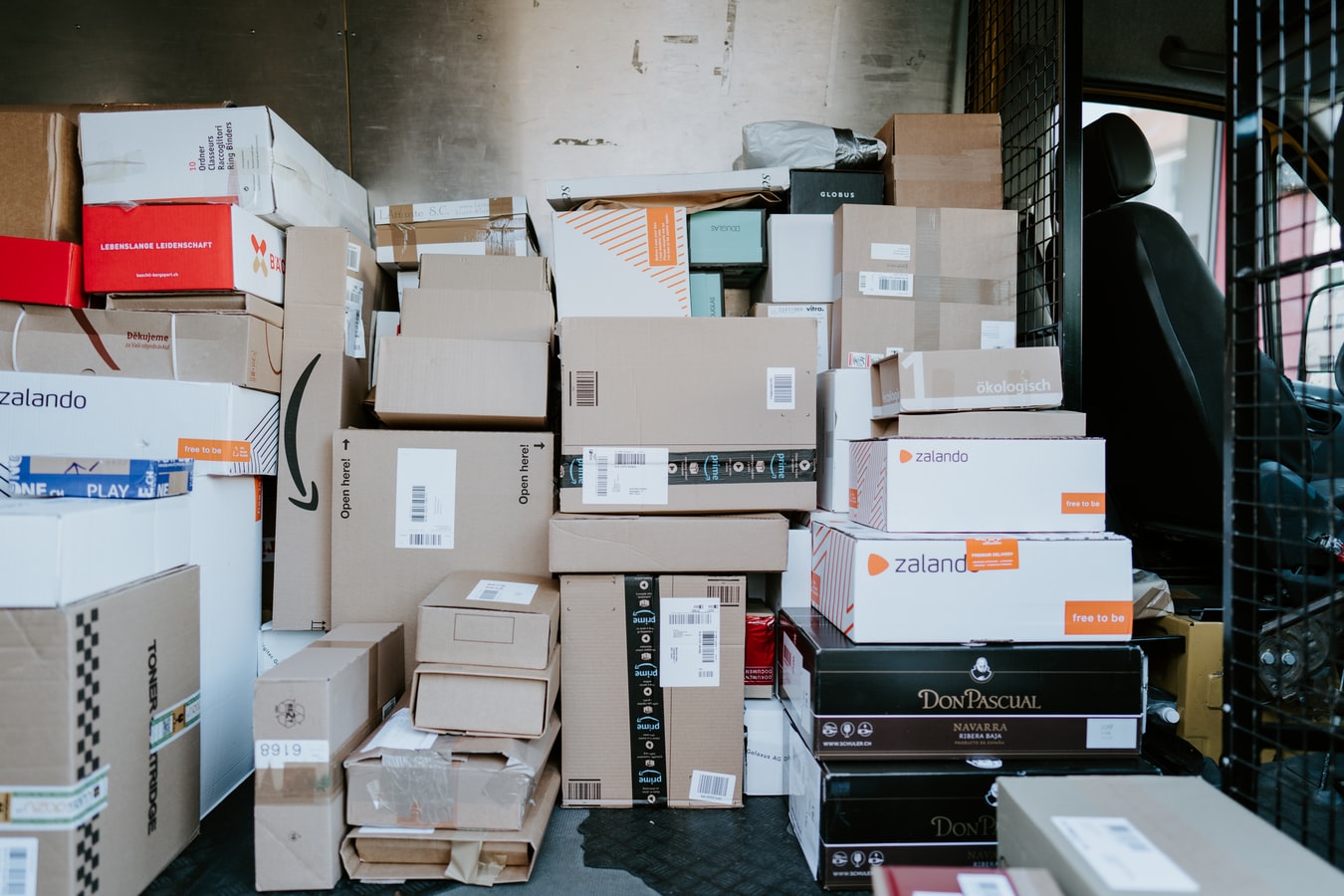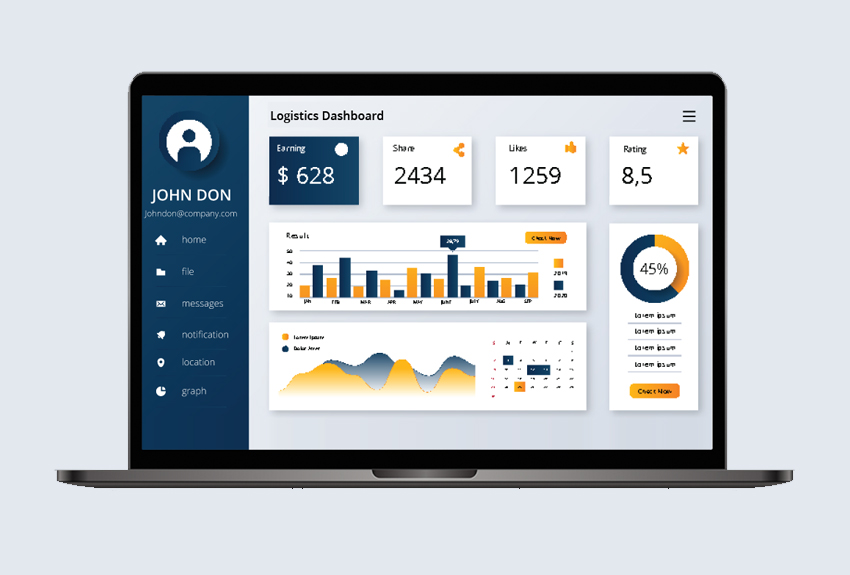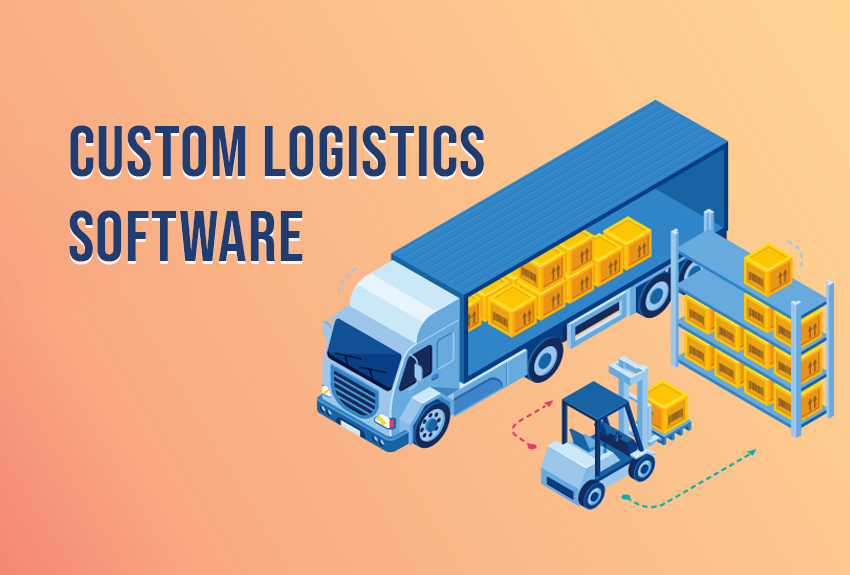Logistics businesses have a lot on their plate. Between transportation, inventory management and keeping track of moving parts on a daily, hour-to-hour basis, a logistics business simultaneously juggles shipments, deliveries and complex driving routes with little margin for error – a single misplaced package could result in damage to revenues and reputation. To handle all of these moving variables, logistics businesses have increasingly turned to custom software in the hopes of automating their work processes.
The purpose of a custom logistics software is to reduce human error and maximize the time managers and drivers can commit to deliveries and good customer service.
In this blog as well as the forthcoming series of blogs on logistics software, we will dive in-depth on each feature a custom logistics system can offer a logistics business.
-
Integrating with a Human Resource Management Software (like ADP):-
Human Resources Management (HRM) plays a key role in any company. More than just performing his, her or their individual roles, employees need a place to input their timesheets, review their pay stubs, apply for leave and receive feedback on their performance. Oftentimes, a logistics business does not have the time or resources to create their own payment or HRM software from scratch. With HRM software integration, a business gains the tools to manage hiring, recruitment, payment and company culture. Custom software integration with industry-standard HRM software like ADP (Automatic Data Processing) makes the lives of each company employee simpler.
-
Data Security:-
Data security is a major priority for any business, and especially so for logistics businesses. With sensitive information such as customer payment sources, billing addresses and employee records, a logistics business cannot afford to cheap-out on security and risk a large-scale breach. When working with a software developer, you want to be sure to receive an exhaustive data security plan commensurate with current digital security standards, for mobile, web or server.
-
Performance tracking:-
A custom logistics system can calculate performance on a larger scale, in terms of the performance of an entire location, and on a smaller scale, in terms of each worker.
The performance of an entire location encompasses variables like fulfillment rate, and overall profit-loss.
Every employee within a company will have different expectations for performance. Performance tracking is simply the process of calculating each worker’s KPIs, in relation to each person’s individual expectation. For drivers, performance tracking refers to how many packages were successfully delivered versus how many packages they were expected to deliver. Another term for this calculation is fulfillment rate.
-
Wage Calculations:-
Every employee has his, her or their own expected salary, but as we know not every day goes as expected. Some days a driver or manager may need to take a day off due to illness or personal matters. Some drivers receive wages based on their number of deliveries, or even on the hours and miles they drive. Rather than reviewing each worker’s timesheet by hand, a custom logistics system automates wages based on inputted timesheets and mile logs – or other variables depending on the structure of your business.By integrating with HRM software like ADP, you can even go the extra mile and allow time-consuming wage calculations to be handled automatically through an industry-standard software.
-
Appreciation/Bonuses:-
The appreciation and bonus system provides an incentive for workers to gain bonuses based on positive performance. A positive aspect to automating bonuses is that each bonus has a numerical basis – an individual within the company does not calculate and distribute the bonuses subjectively.
-
Keep Records Per Business Requirements:-
Business performance does not exist in a vacuum. Having records of a logistics business’s performance year-to-year can provide the company insight into what they may possibly be doing right, and where they may have experienced losses. Each logistics business can define what records they wish to keep, and having these records available can provide insight and options for data analysis.
In Closing
As an overview of a custom logistics system: keeping variables housed in one system maximizes the efficiency of the business. For more on each variable, and how a logistics business can manage all aspects of their business, we will continue in the next blog with location management.






